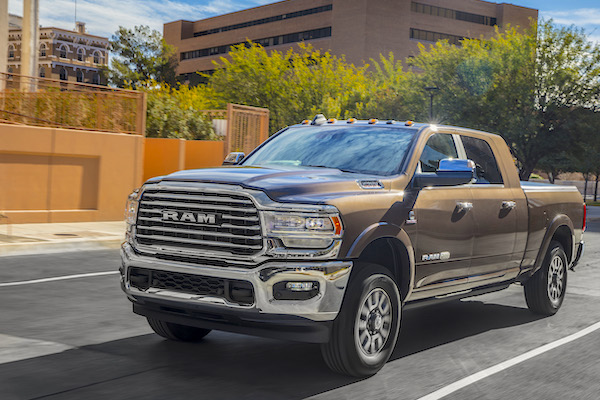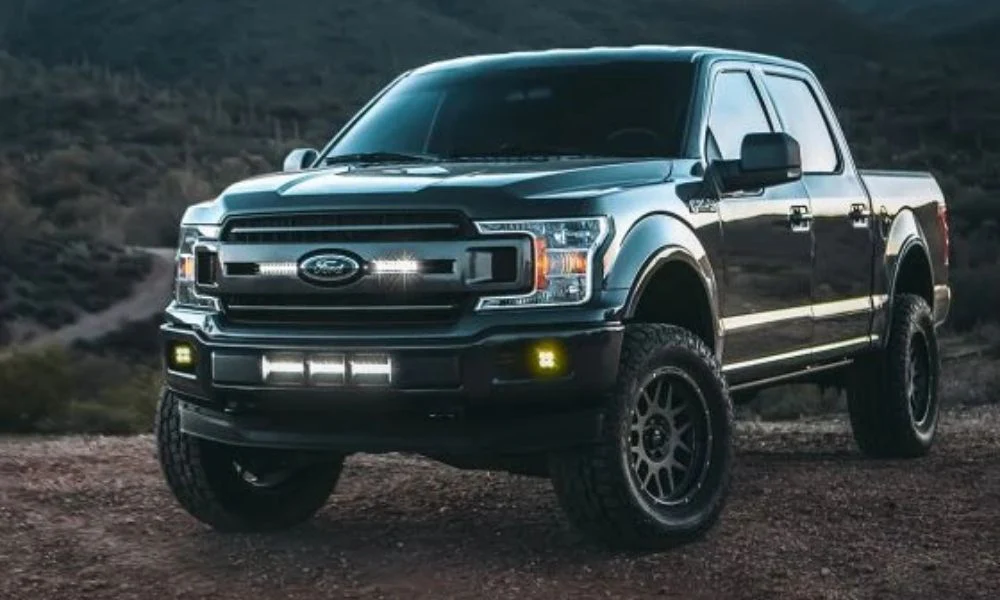When it comes to towing large loads, not all trucks are created equal. Heavy-duty trucks are designed for maximum power, performance, and durability, making them the best option for towing heavy trailers, boats, or RVs. Whether you’re towing for work or recreational purposes, choosing the right heavy-duty truck can make all the difference in safety, efficiency, and performance. In this guide, we’ll explore the key factors to consider when selecting the best heavy-duty truck for your towing needs.
Understanding Heavy-Duty Truck Classes
Heavy-duty trucks are categorized into different classes based on their gross vehicle weight rating (GVWR). This rating is essential when choosing a truck because it indicates how much weight the truck can safely carry, including its own weight and the weight of the cargo.
1. Class 2B: Light Heavy-Duty Trucks
Class 2B trucks are on the lower end of the heavy-duty spectrum, with a GVWR of 8,501 to 10,000 pounds. These trucks are ideal for those who need occasional towing capacity for medium-sized trailers or boats but don’t require the full power of a larger truck.
2. Class 3: Medium Heavy-Duty Trucks
Class 3 trucks have a GVWR ranging from 10,001 to 14,000 pounds. These trucks offer increased towing capacity, making them suitable for towing larger trailers or equipment. They are often used by professionals in construction, farming, and similar industries.
3. Class 4 and Above: Full Heavy-Duty Trucks
With a GVWR exceeding 14,000 pounds, Class 4 trucks are designed for serious towing capabilities. These trucks are best suited for those who need to tow heavy machinery, large RVs, or commercial loads. Models in this class often come with specialized towing packages and high-performance engines.
Key Considerations When Choosing a Heavy-Duty Truck for Towing
1. Towing Capacity
Towing capacity is one of the most critical factors when selecting a heavy-duty truck. It refers to the maximum weight a truck can tow safely without causing damage to the vehicle or compromising safety. Always check the manufacturer’s specifications for the truck’s towing capacity and ensure it exceeds the weight of your trailer or equipment.
Factors Affecting Towing Capacity:
- Engine power: A more powerful engine will generally have a higher towing capacity.
- Axle ratio: Trucks with a higher axle ratio often have better towing capabilities.
- Transmission: Trucks with specialized towing transmissions offer smoother performance under heavy loads.

2. Payload Capacity
While towing capacity is important, don’t overlook payload capacity. This refers to the total weight a truck can carry in its cab and bed, including passengers, cargo, and hitch weight. Choosing a truck with the right payload capacity ensures that it can handle both the weight of the trailer and the additional load inside the truck.
3. Engine and Powertrain Options
Heavy-duty trucks come with a variety of engine and powertrain options. Diesel engines are popular for towing due to their high torque output and fuel efficiency under heavy loads. However, gasoline engines may be more suitable for those who prioritize lower upfront costs or who don’t frequently tow at maximum capacity.
Popular Engine Choices:
- Diesel engines: High torque, fuel efficiency, and longevity, making them ideal for heavy towing.
- Gasoline engines: More affordable and better suited for lighter towing loads.
- Hybrid options: While still relatively new in heavy-duty trucks, hybrid powertrains offer increased efficiency without sacrificing performance.
4. Towing Features and Technology
Modern heavy-duty trucks are equipped with advanced towing technologies that make towing safer and more efficient. These features can help you control and manage your load, particularly in challenging driving conditions.
Towing Features to Look For:
- Trailer sway control: Helps reduce trailer sway by adjusting engine power and applying braking to individual wheels.
- Integrated trailer brake controller: Allows you to control the trailer’s brakes from the cab, improving stopping power.
- Surround-view cameras: Provides a bird’s-eye view of the truck and trailer, making it easier to maneuver in tight spaces.
- Tow/Haul mode: Optimizes transmission and braking performance for towing.
5. Durability and Maintenance
Heavy-duty trucks are built to withstand the stresses of towing, but durability and long-term maintenance should be considered when choosing a model. Trucks with reinforced frames, heavy-duty suspensions, and upgraded braking systems will perform better under constant towing conditions.
It’s also important to consider maintenance costs, as heavy-duty trucks can be more expensive to repair and maintain than light-duty models. Look for trucks that have a reputation for reliability and low maintenance costs.
Popular Heavy-Duty Truck Models for Towing
1. Ford F-250/F-350 Super Duty
Ford’s Super Duty lineup is known for its towing capabilities and advanced technology. The F-250 and F-350 models offer powerful engine options, including a 6.7-liter Power Stroke V8 Turbo Diesel, capable of towing up to 37,000 pounds with the right configuration. Features like Pro Trailer Backup Assist make maneuvering with a trailer easier.
2. Ram 2500/3500 Heavy Duty
The Ram 2500 and 3500 models are equipped with high-performance diesel and gas engines, offering up to 1,075 lb-ft of torque and a maximum towing capacity of 37,100 pounds. The Ram’s rear air suspension provides a smooth ride even under heavy loads, while the available 12-inch touchscreen keeps you connected and in control.
3. Chevrolet Silverado 2500HD/3500HD
The Chevrolet Silverado HD lineup offers impressive towing power, with the Duramax 6.6-liter Turbo-Diesel engine providing up to 910 lb-ft of torque. With a towing capacity of up to 36,000 pounds, these trucks are designed for serious towing jobs. Advanced trailering technology includes up to 15 camera views and a trailering app for easy monitoring.
Conclusion
Choosing the right heavy-duty truck for your towing needs requires careful consideration of factors like towing capacity, engine power, and towing features. Whether you need a truck for work, travel, or recreation, investing in a model with the appropriate power and technology will ensure a safer, more efficient towing experience. By focusing on the specific capabilities and durability of different models, you can confidently select a truck that meets your requirements and makes towing easier and more reliable.


